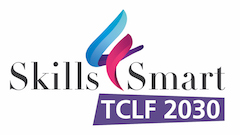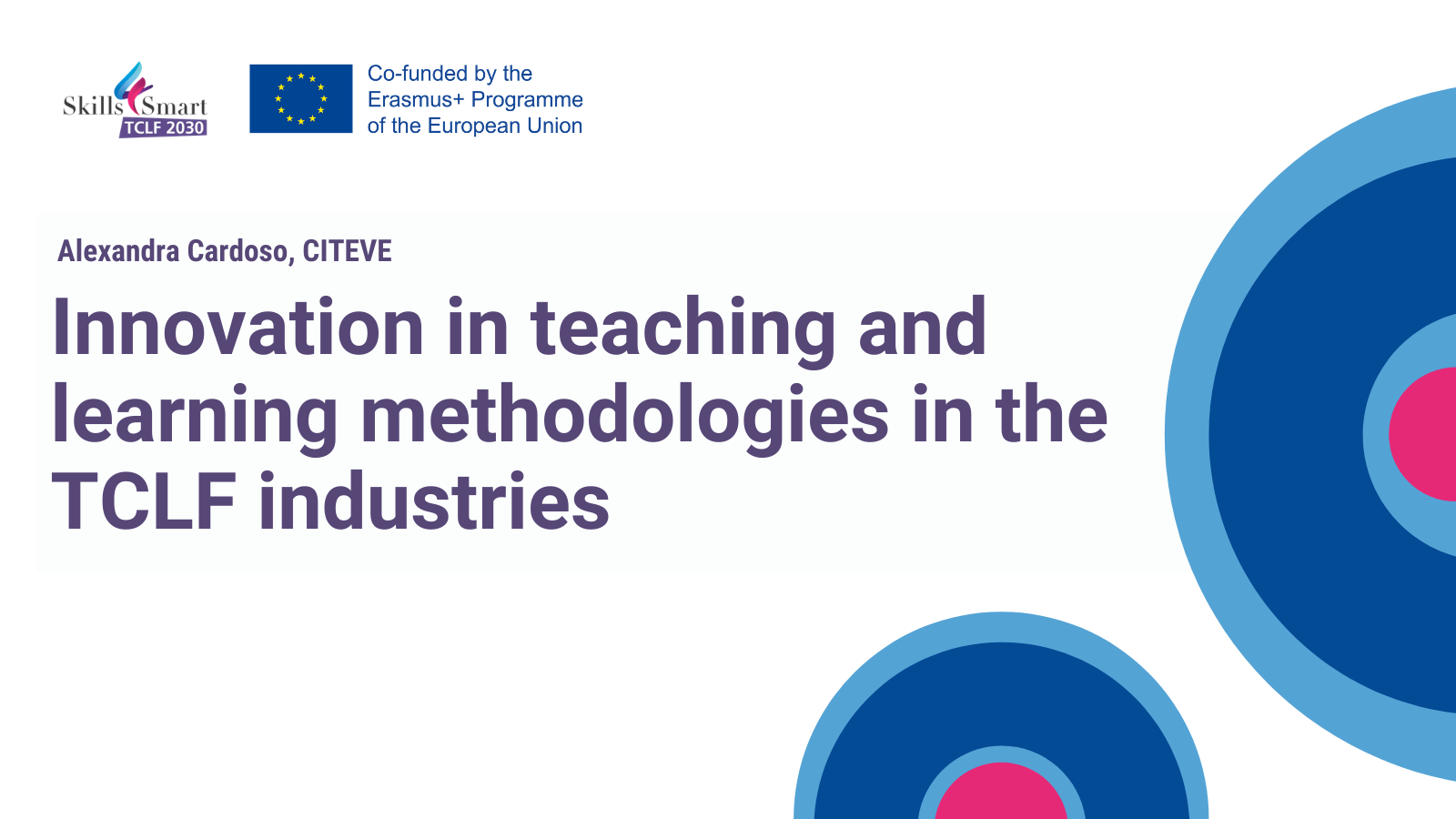How to innovate in learning methodologies to enhance the learning process
The last decades have proved to be a real challenge in terms of adapting learning methodologies to the demands of the modern world, characterised by a vast social and technological transformation. Methodologies such as work-based learning, open learning resources, have gained a central place in the European programmes available. This also allowed sharing examples of good practices and the development of tools and instruments that facilitate their applicability.
Impact of modern technology on education
Understanding how schools and vocational education and training institutions are adapting to social and technological transformation is crucial. Is the education system prepared to introduce theorisation openly? Is it ready to promote the search for knowledge, the learning by doing, the adaptation of content to the reality of day-to-day professional and social life?
The improvement of teaching-learning processes is increasingly essential for the enrichment of the global education system. One of the ways to enrich the global education process is by combining technology with innovative learning strategies.
The development and the increasing presence of technology have promoted changes in pedagogical practices and in the teaching and learning process. Digital technology has changed our lives, in the context of forms of communication up to social behaviour. Understanding how we can take advantage of what technology gives us in terms of educational strategies is fundamental.
Thus, growth in innovative strategies, combining technology and knowledge and breaking the distance between theorisation and professional reality are some of the essential principles to introduce significant changes at the teaching-learning level.
In consequence, all over Europe, there have been projects for the development of innovative learning methodologies and Portugal has not been left out.
In the textile and clothing sector, vocational education and training entities have been working intensively to bring the industry and education closer together, which means bringing students, future workers, closer to the working reality. Growth in this symbiosis between education and industry has been fundamental for the creation of more interesting and adapted training plans.
Some examples of innovative teaching-learning strategies, with the privilege of work-based learning developed in the last years:
- The Work-Based-Learning (WBL) is mainly developed through internships. They are divided between long-term and short-term in Portugal. The long-term is applicable at the VET system with youngers and a short-term for the adults about 320 hours. The internships are always in companies, in a field related to the profile of the course.The WBL via an internship plan is organized by tasks that correspond to the skills level of the trainee that will be later on evaluated by a tutor of the company. These tasks are developed for practical application of training acquired in qualification courses.
Inspiration and best practices in Portugal
To illustrate how impactful updated learning methodologies are in the learning process, you will find below concrete Portuguese implemented projects.
- Title: Elite Seamstresses | Partnership: CITEVE, Modatex, TMG group, IEFP, Vila Nova de Famalicão Municipality, Lectra PortugalSummary: The project has promoted the attractiveness of a professional activity with a history of mastery in Portugal, valuing who performs it. The training in Sewing Techniques gave significant inputs to the development of a new profile and reference of the sewing training, taking account the current challenges in the fashion industry and society. The “Elite Seamstresses ” project was born from a survey of recruitment and training needs, made in 2015, with a wide range of companies, which highlighted the difficulty in recruiting seamstresses.
- Title: Train to Employ | Partnership: MODATEX, Textile and Clothing Industry Companies, Institute of Employment and Vocational Training.Summary: Train to Employ is a training project aimed at effective employability within the scope of the Active Life programme. It results from the collaboration between MODATEX, the Textile and Clothing Industry Companies and the Institute of Employment and Vocational Training in a logic of adjustment between the existing offer (registered unemployed) and the demand for qualified professionals.
The modular training paths are defined according to the needs expressed by the enterprise. The candidates are invited to an informative session and possibly a technical test in the enterprise where the training will take place.
- Title: New Textile Operators | Partnership: CITEVE, MoreTextile Group, Institute of Employment and Vocational Training and the local authorities of Guimarães, Santo Tirso and Vila Nova de Famalicão.Summary: The MoreTextile Group, in partnership with Citeve and with the collaboration of the Institute of Employment and Vocational Training and the local authorities of Guimarães, Santo Tirso and Famalicão, launched in 2014 the modular training programme for future textile operators, which had three editions with a total of around 70 trainees, with a view to the acquisition of technical knowledge, the acquisition of behavioural skills associated with safety and collaborative work and the facilitation of the reception and integration of young people into its production teams. This programme allowed the company’s rejuvenation needs to be met, being complemented with on-the-job training provided by tutors who are already part of the group’s professional staff, thus contributing to mutual/intergenerational learning and to their personal and professional enhancement.This project was fundamental in recruiting new employees with the profile to develop their potential in the production area, ensuring the transfer of know-how from older to younger employees and stimulating innovation from younger to older employees.
In conclusion, technology and digital changes impact all the dimensions of the TCLF industries. Projects for the development of innovative learning methodologies are a tool to counter those challenges. By doing so, new opportunities are emerging. It can contribute to reducing the gap between the industry and education. Make the TCLF industries more attractive to the younger audience. Most importantly, it will reflect the changes that occur in society to prepare the future of our industries.
Author: Alexandra Cardoso – CITEVE


